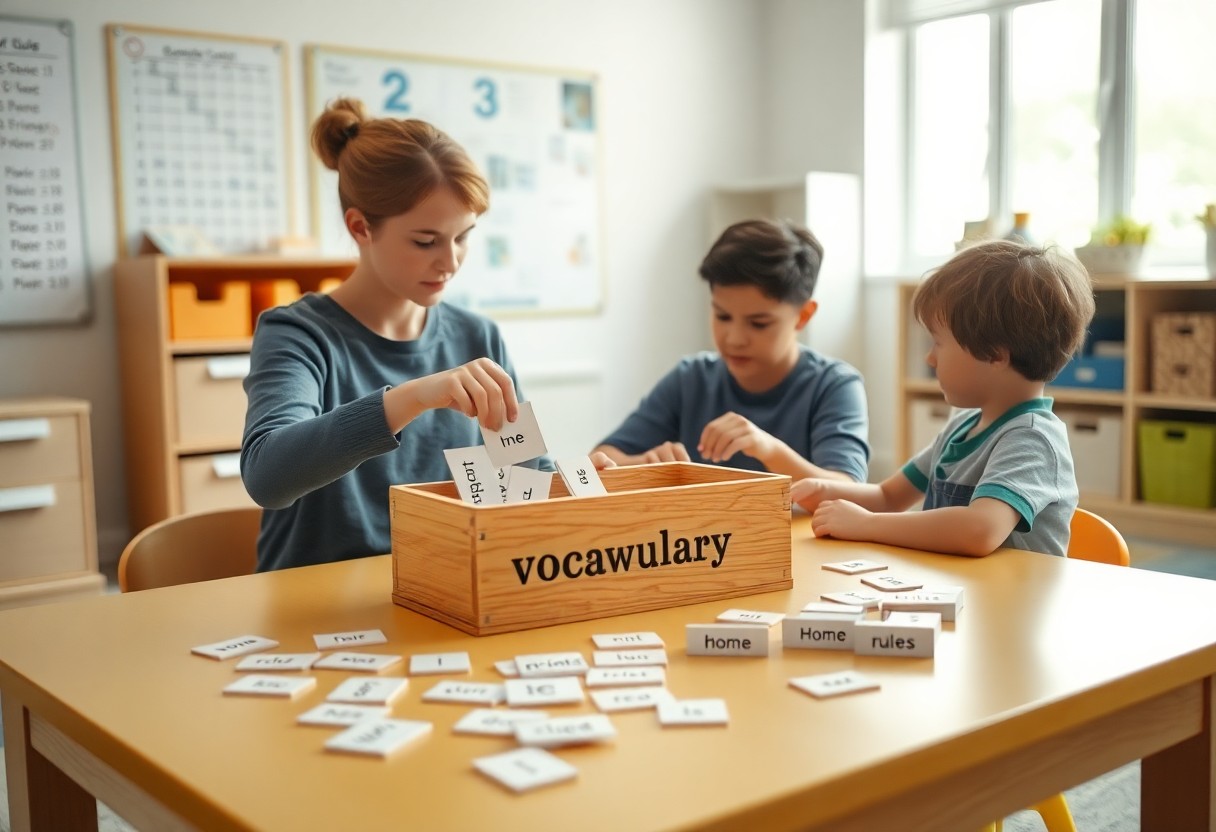Aleena Hellebuyck

Aleena Hellebuyck, MA, CAADC-DP
Limited license professional counselor
Aleena has over 10 years of experience with children, adolescents, and families. She is skilled at play therapy with young children, and therapy for teens and families dealing with trauma, anxiety, identity exploration and addiction. She is also trained in the Gottman method and specializes in helping couples navigate all phases of relationships, providing premarital counseling, crisis management and therapy for distress and communication breakdown. She also provides discernment counseling to spouses who don’t share the same commitment to the relationship, and need help figuring out whether to remain in the marriage or seek divorce. Aleena’s clinical style is warm, curious, and collaborative, honoring each client’s unique story and capacity for growth. She is especially passionate about helping people reconnect with themselves, build stronger relationships, and live in alignment with their values.
Clinical Specializations
- Couples therapy
- Play therapy for young children
- Child & adolescent therapy
- Addiction
- Family conflict & divorce
Additional Expertise
- Expert in child abuse & neglect (testified in foster care cases for the State of Michigan)
- Juvenile drug court
- Adoption
- Stress management
- Criminality and re-entry
Education & Background
- Master’s Degree in Clinical Mental Health Counseling, Central Michigan University
- Limited Licensed Professional Counselor (LLPC), State of Michigan
- Certified Advanced Alcohol and Drug Counselor – Development Plan (CAADC-DP)
- Former foster care case manager, State of Michigan
- Facilitator for IOP and juvenile drug court groups, Emmet & Charlevoix counties
Favorite therapeutic books
The Body Keeps the Score, Bessel van der Kolk, M.D.
This book illustrates how trauma reshapes both the mind and body, and why lasting recovery depends on more than just talking, it requires rebuilding safety, connection, and trust. It deepened my understanding of PTSD and reinforced my belief that healing happens through reconnection to one’s own body.
The Molecule of More, Daniel Z. Lieberman & Michael E. Long
I love how this book makes neuroscience feel relatable. It explains how dopamine drives our desire for more, more achievement, more novelty, more stimulation and how that drive can inspire, and yet overwhelm us. It gave me a deeper framework for helping clients navigate the tension between striving for growth and staying grounded in the present.
-
Is There A Hidden Vocabulary Of Growth Waiting Within Child And Teen Therapy?
Growth in therapy reveals subtle language-symbols, metaphors, and gestures-that you can learn to interpret to support emotional development, strengthen communication, and guide interventions for children and teens toward resilience and self-awareness.Key Takeaways: Therapy expands emotional vocabulary-helping children and teens name and regulate feelings, which supports self-awareness and coping. Play, art, metaphors and stories act as a hidden lexicon that reveals inner experiences and enables gradual change. Caregiver and therapist language scaffolds growth: attuned, validating phrasing turns insights into healthier behaviors and relationships. Understanding Child and Teen Therapy Definition and Purpose Therapy for children and teens targets emotional, behavioral, and social development, helping you identify feelings, build coping skills, and navigate developmental transitions in a way that fits your age and...
Read More -
Why Might Teen Therapy Be The Antidote To Quiet Emotional Erosion?
Just as subtle cracks darken a foundation over time, quiet emotional erosion in teens undermines your confidence and relationships; therapy offers you structured support, evidence-based strategies, and a confidential space to name emotions, recalibrate coping habits, and rebuild resilience so small harms don’t compound into lasting damage. Key Takeaways: Early, consistent therapy helps teens identify and process feelings before numbness or avoidance become ingrained patterns. Therapy builds emotional literacy and coping skills-regulation, boundary-setting, and stress management-that slow or reverse gradual erosion of well-being. Improved communication and strengthened relationships through therapy reduce isolation and lower long-term risk of anxiety, depression, and self-destructive coping. Understanding Emotional Erosion in Teens Defining Emotional Erosion You’ll notice emotional erosion as a gradual wearing down of...
Read More

